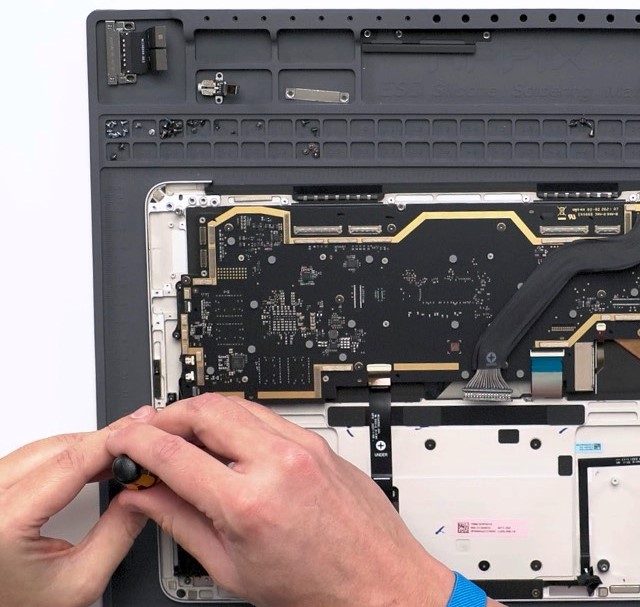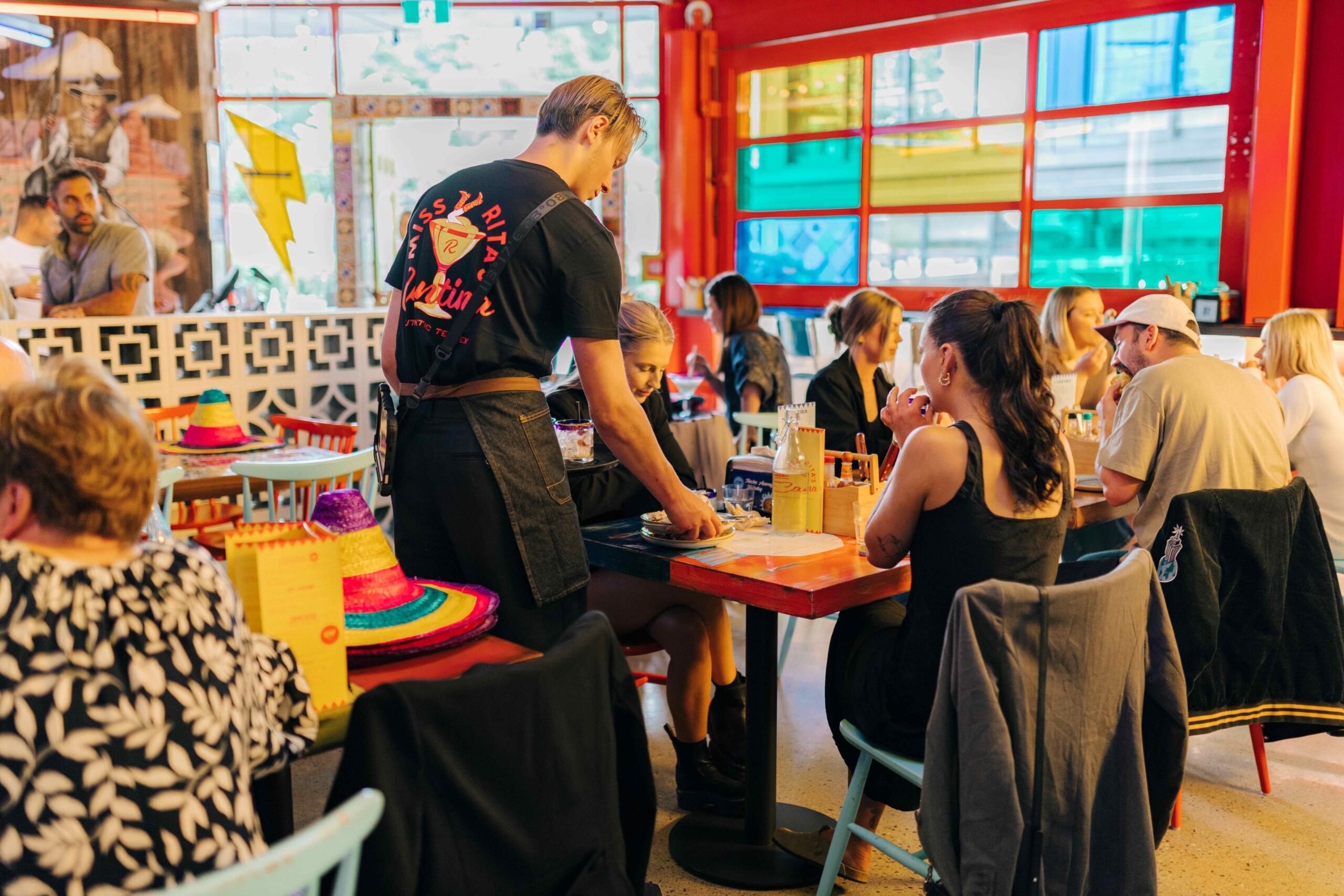Merchant payments get smarter, but Kiwis need educating
In a recent survey of more than 1,000 Kiwis, 71 percent said they would like more education on contactless payments and how they work.
728
Tap and Go, contactless, mobile wallet, chip, Apple Watch, RTP, EFTPOS or cash: every consumer has their preferred payment method, but which is safest? As merchant technology continues to advance, it’s important to know that when financial transactions are made in any form, the security of the buyer’s money and personal details is preserved.
New Zealanders are known for their innovative creations and early-adopter status. However, in a recent survey of more than 1,000 Kiwis, 71% said they would like more education on contactless payments and how they work. The survey was conducted by Smartpay, New Zealand’s leading supplier of payment solutions, and found that education on the security of contactless payment technology was the primary element about which respondents wanted information, with more than 73% indicating they needed to know more.
This uncertainty isn’t hindering our enthusiasm for payment innovation, however. Sixty per cent of survey respondents believe the use of mobile wallets in New Zealand will increase substantially by 2020. Mobile wallets allow customers to pay for goods and services via mobile using secure, digital versions of their credit and debit cards stored on their phones.
The survey also found that 23% of respondents are seeking a PC-based approach for their point-of-sale terminal. Cloud based services such as Vend suit the majority of retail-based companies due to compatibility with iPad, Mac or PC. Similarly, the highly anticipated Apple Watch will facilitate payment via terminal embedded NFC technology.
Smartpay general manager Marty Pomeroy says he isn’t surprised at the tech-embracing attitude of the respondents, and is aware that more education on contactless payments is needed to increase uptake within the category.
“Kiwis have always been receptive to innovation in payment systems. While cash is still a favoured method to buy the daily flat white or weekend newspaper, New Zealanders are predominantly EFTPOS users compared to many cash societies around the world.
“Based on our experience, we believe that the contactless method of payment will only increase, and that view is confirmed by the survey results. The transition from cheques to EFTPOS was much faster here than in many other developed markets, and as new technology emerges we expect to see more take-up of frictionless payments because of their speed and flexibility.
“Security is of the utmost importance to Smartpay, and the technology has been developed accordingly. Every contactless transaction holds its own unique fingerprint and is found to be just as safe as the magnetic stripe technology on the back of an EFTPOS card. The encryption technology used is the latest and most secure form of passing information between a card and a terminal; it is a very safe way of transacting and the way of the future.”
Another internationally accepted payment method is UnionPay, which has worked to promote the development of China’s bank card industry. The high use of UnionPay has made waves in China, and the ripple effect is now being felt globally as international acceptance of the network grows. UnionPay is now recognized in 150 countries and regions beyond mainland China. The large international network makes the current low rate of UnionPay adoption surprising to Mr Pomeroy.
“Seventy-eight percent of survey respondents have not yet adopted UnionPay card acceptance and say they don’t plan to. New Zealand’s growing Asian population creates real opportunity for retailers and businesses to adopt this technology. It’s safe, reliable and for many Asian customers, a recognized and trusted payment method. In fact, leading Auckland car dealerships Archibald & Shorter and Roverland take full payment for high-end luxury vehicles via UnionPay.
“Many of those surveyed didn’t know the demographics of UnionPay users, and with further research and education there is a great opportunity for growth here in New Zealand.”
Yet another transaction method is the Real Time Payment (RTP), an interbank account-to-account transaction where each party (the payer, the payee and their respective banks) sees the value of the transaction almost instantly. It’s a long overdue development, says Mr Pomeroy. “We have come to expect constant evolution in the tech industry, but innovation in interbank transactions has been lacking for years. RTP creates another avenue for business and retail transactions with New Zealand customers and those around the world, which is incredibly exciting.”
There are currently 18 countries with functioning RTP systems, and an estimated 55 countries moving towards this capability within 20 years. New Zealand is presently working on RTP infrastructure.





